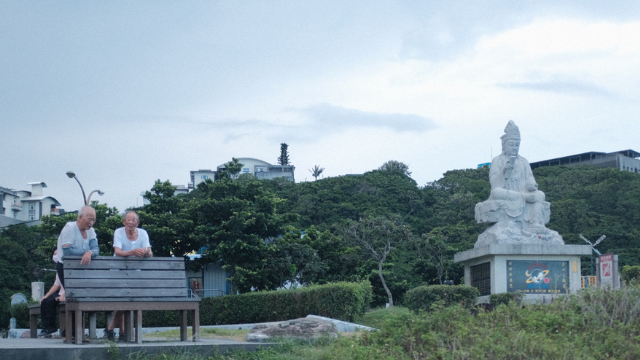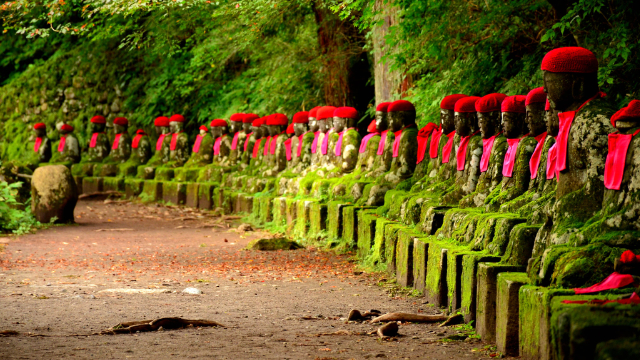Andrew Barshay
Professor
Th 11-12:30
Andrew Barshay received his A.B. in Oriental Languages, his M.A. in Asian Studies, and his Ph.D in History from the University of California, Berkeley. His earlier research investigates the history of Japanese social science from the 1890s to the present day. In The Social Sciences in Modern Japan he considers the various forms of modernity that the processes of "development" or "rationalization" have engendered and the role social scientists have played in their emergence. Barshay argues that Japan, together with Germany and pre-revolutionary Russia, represented forms of developmental alienation from the Atlantic Rim symptomatic of late-emerging empires. Neither members nor colonies of the Atlantic Rim, these were independent national societies whose cultural self-image was nevertheless marked by a sense of difference. Barshay presents a historical overview of major Japanese trends and treats two of the most powerful streams of Japanese social science, one associated with Marxism, the other with Modernism (kindaishugi), whose most representative figure is the late Maruyama Masao. Demonstrating that a sense of developmental alienation shaped the thinking of social scientists in both streams, he argues that they provided Japanese social science with moments of shared self-understanding. Barshay's new research examines the collapse of the Japanese empire in northeast Asia, particularly the former "puppet state" of Manchukuo, under the impact of the Soviet invasion at the very end of World War II. Millions of Japanese civilians were left stranded in their vanquished empire as Japanese forces dissolved, and at least 600,000 Japanese soldiers were transported to the USSR and interned in the gulag for years of forced labor. This experience has been called one of the "epic tragedies" of the war. For many of those who lived through it, Barshay suggests, the memory of involvement with Japan's imperial project was both a burden and the basis for a new way of life.





